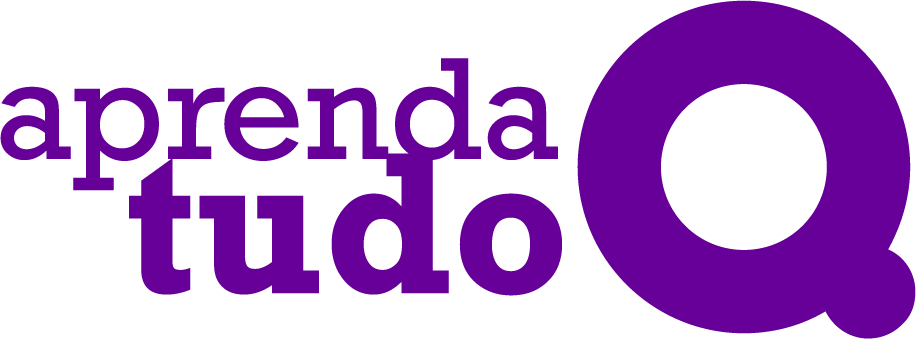Finding the best savings accounts is crucial for anyone looking to grow their money and secure financial stability.
These accounts offer various features, including competitive interest rates and easy access to funds.
By understanding these factors, you can make informed decisions and choose the best path for your savings journey.
Understanding Savings Accounts
Understanding savings accounts is important for anyone looking to manage their money wisely.
These accounts let you deposit your money and earn interest over time.
They are often offered by banks and credit unions, making it easy to save for future goals or emergencies.
One of the main benefits of a savings account is that your money grows without you having to do much.
You simply deposit your funds, and as time goes by, the bank pays you interest.
This means your savings will increase while staying safe and accessible when you need them.
There are different types of savings accounts available.
Some offer higher interest rates, while others may have restrictions on how often you can withdraw money.
By understanding these options, you can choose the best savings account to help you earn more interest and reach your financial goals.
Features of the Best Savings Accounts
When looking for the best savings accounts, it’s crucial to consider their features.
A good savings account should offer a competitive interest rate, which helps your money grow faster.
Higher interest rates mean you earn more on your deposits, making it easier to reach your savings goals.
Another important feature is low or no fees.
Many top savings accounts do not charge monthly maintenance fees, allowing you to keep all of your hard-earned money.
Some accounts even offer free transactions, letting you access your funds without worrying about extra costs.
Lastly, the accessibility of your savings account matters. The best accounts provide easy online and mobile banking options.
This allows you to monitor your balance, transfer money, and deposit checks from your phone or computer anytime, ensuring you stay in control of your finances.
Comparing Interest Rates
One of the most important factors to consider when choosing a savings account is the interest rate.
This rate determines how much your money will grow over time. Comparing interest rates from different banks and credit unions is essential to find the best deal.
Even a small difference in rates can lead to significant savings over the years.
Many financial institutions offer promotional rates to attract new customers. These rates may be higher for a limited time.
It’s vital to read the fine print to understand how long the promotional rate lasts and what the rate will be afterward.
Always compare the regular rates to ensure you’re getting a good long-term value.
When you compare rates, also consider compound interest.
This means that not only do you earn interest on your initial deposit, but you also earn interest on the interest you accumulate.
Accounts that offer daily compounding can help your savings grow even faster, making them an attractive option for anyone looking to boost their earnings.
How to Open a Savings Account

Opening a savings account is a simple process that can help you manage your money better.
To start, you need to choose a bank or credit union that offers the best savings accounts for your needs.
Research their interest rates, fees, and features to find the right fit for you.
Once you’ve picked a financial institution, the next step is to gather the necessary documents.
Generally, you will need to provide identification, like a driver’s license or passport, and proof of address, such as a utility bill.
Some banks may also ask for your Social Security number or tax identification number.
After you have your documents ready, you can open your account online or in person.
Fill out the required forms and make an initial deposit if needed. It’s usually a small amount, like $25 or $100.
As soon as your account is set up, you can start depositing money and earning interest, putting you on the path to better savings!
Tips for Maximising Your Savings
To maximise your savings, start by setting a clear savings goal.
Having a specific target, like saving for a holiday or a new gadget, helps motivate you to save more.
Break down your goal into smaller, manageable steps and track your progress regularly.
This will keep you focused and make saving feel less overwhelming.
Another effective tip is to automate your savings.
Setting up automatic transfers from your checking account to your savings account ensures you save consistently without thinking about it.
You can choose a fixed amount to transfer each month, which helps build your savings effortlessly and can lead to significant growth over time.
Finally, take advantage of any bank bonuses or higher interest rates offered on certain accounts.
Look for promotions that reward you for maintaining a balance or for regular deposits.
By being proactive and aware of these opportunities, you can make your money work harder for you, further boosting your savings.
Choosing the right savings account can make a big difference in how much interest you earn.
Look for accounts that offer competitive rates, as this plays a crucial role in growing your savings.
Even a slight increase in your interest rate can add up significantly over time, especially if you plan to save for a long duration.
Consider the fees associated with each account as well. Some banks charge monthly maintenance fees that can eat into your savings.
Opt for accounts with no or low fees to ensure more of your money stays in your savings.
Paying attention to these details helps you keep more funds working for you.
Moreover, maximum savings potential can be achieved by regularly depositing money into your account.
Set up automatic transfers from your main account to your savings, even if it’s a small amount.
This regular commitment encourages savings and takes advantage of compound interest, leading to greater financial health over time.
Frequently Asked Questions (FAQ)
1. What is a savings account?
A savings account is a type of bank account that allows you to store money securely while earning interest on your balance over time.
2. How do I choose the best savings account?
Look for an account with a competitive interest rate, no monthly fees, and easy online access. Comparing several options can help you find the best fit for your financial goals.
3. Are there fees associated with savings accounts?
Some banks charge maintenance fees, but many offer fee-free savings accounts. Always read the terms to avoid unexpected charges.
4. How much interest can I earn?
Interest depends on the rate and how often it’s compounded. Accounts with daily or monthly compounding and higher rates can help your money grow faster.
5. Is my money safe in a savings account?
Yes, if your account is with an FDIC- or NCUA-insured institution. This insurance protects your funds up to a certain limit in case the bank or credit union fails.
6. Can I withdraw money anytime?
Generally, yes—but some savings accounts may limit the number of withdrawals per month. Check the withdrawal policy before opening the account.
7. What documents do I need to open a savings account?
You’ll typically need a government-issued ID, proof of address, and a Social Security Number or Tax ID. Requirements may vary by bank.
8. What is compound interest?
Compound interest means you earn interest on your interest. The more frequently interest is compounded, the faster your savings will grow.
9. How can I grow my savings faster?
Set automatic transfers, avoid fees, take advantage of high interest rates, and regularly deposit money—even small amounts help over time.
10. Can I have more than one savings account?
Yes, having multiple savings accounts can help you organize your goals, such as saving separately for emergencies, travel, or large purchases.






